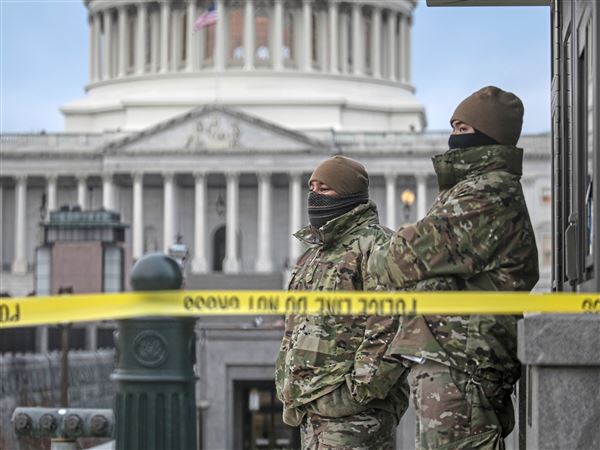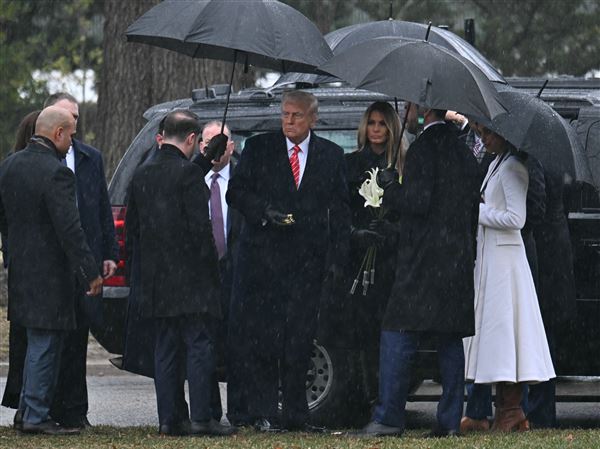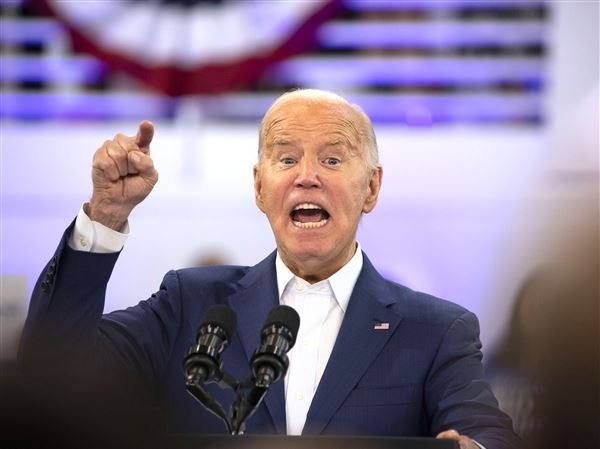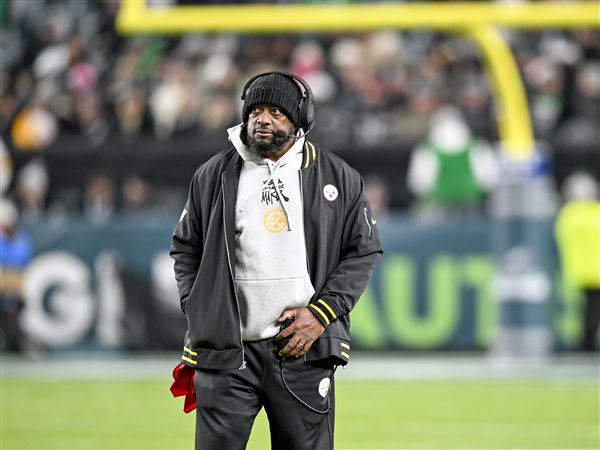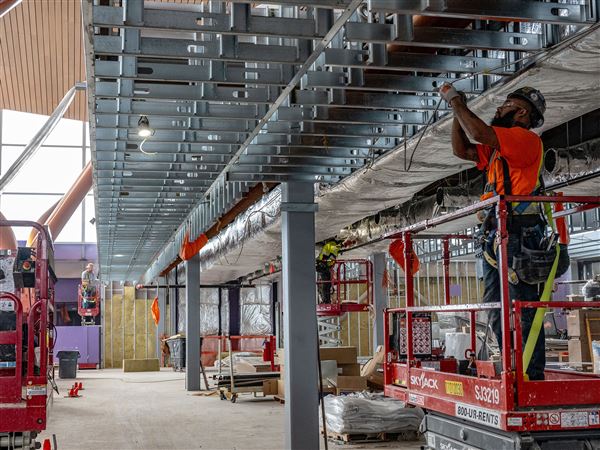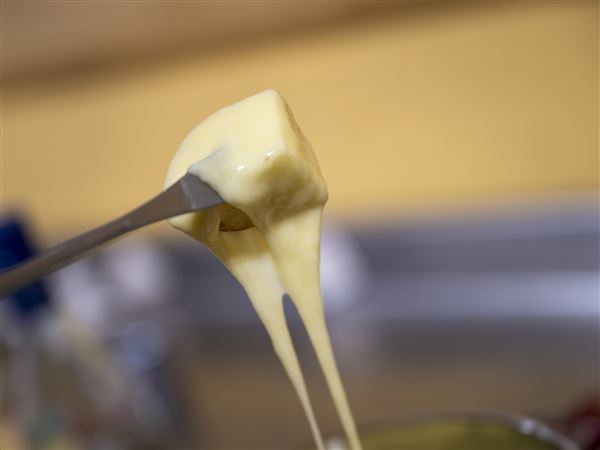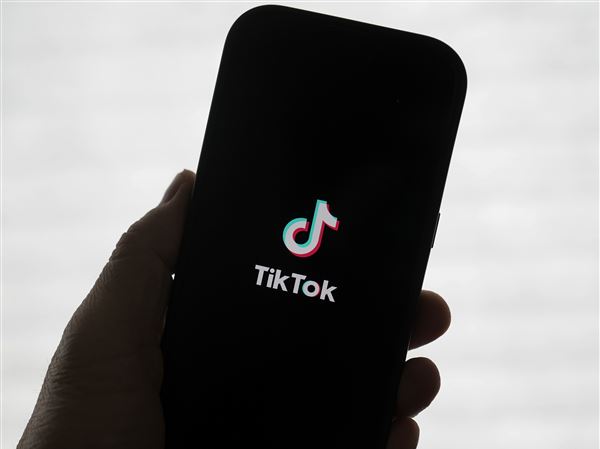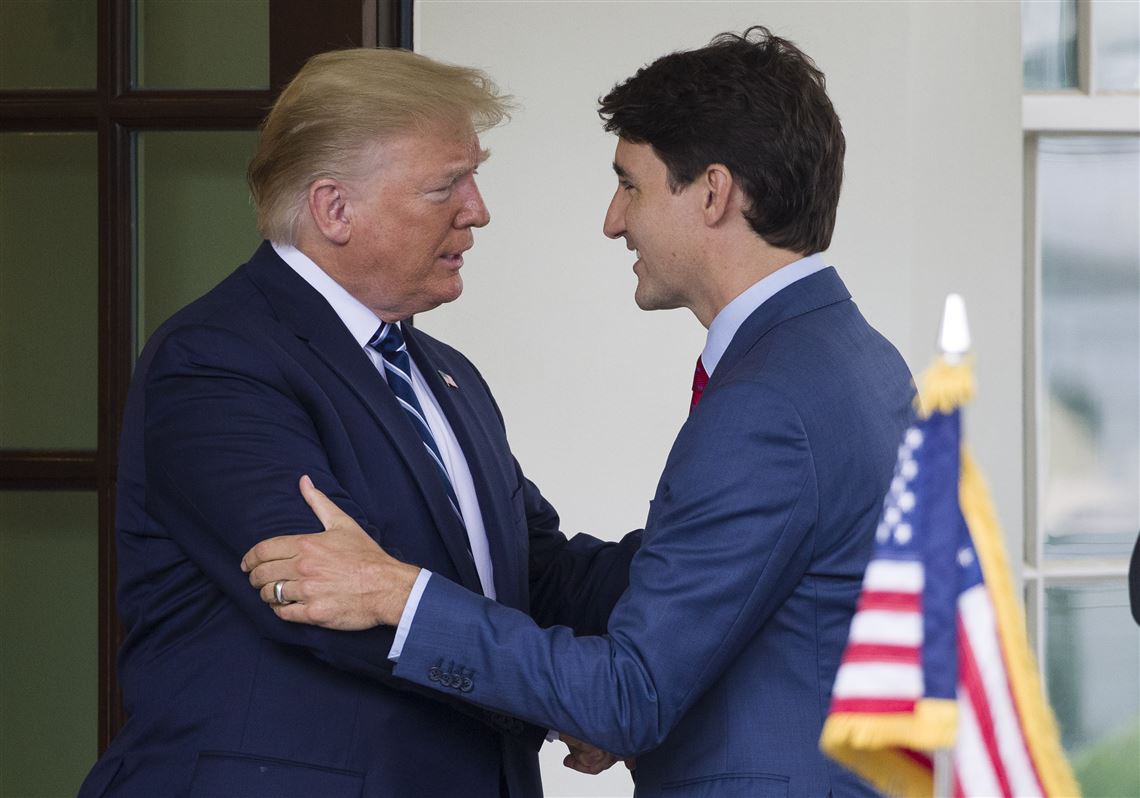My great-great-grandmother was born in Saint John, New Brunswick, and first saw the United States as a 10-year-old. My great-grandfather was an Irish Canadian who married a Maine girl. My wife’s father was born in Ontario, descended from a long line of Newfoundlanders, and a print of skaters on Ottawa’s Rideau Canal decorates our pantry even now.
I offer these bona fides, proofs of a current of maple syrup running through my children’s veins, as a preface to a controversial claim: that Donald Trump’s kidding-or-is-he suggestion that Canada belongs inside our union is not a threat but an opportunity, that Canada might be better off joined to our continental Republic, with the wintry 1775 defeat of Richard Montgomery and Benedict Arnold finally reversed.
Not-America
Today Canadian sentiment is extremely cool to this idea, with polls showing, at best, about 10% of Canadians open to membership in a Greater United States. And for understandable reasons, since Canadian identity is so bound up in absolutely not being the U.S. that, “Well, we’re not American” is literally the first thing Justin Trudeau came up with to explain Canadian pride recently on CNN.
This has held true across multiple transformations in both countries. When the 19th-century United States was seen as a radical democratic power, Canada was the conservative, Anglo-Tory alternative, offering “peace, order and good government.” When the late-20th century United States was seen as a land of libertarians, cowboys and evangelical preachers, Canada was the sensible, secular, socialist alternative.
I suspect that Trudeau imagined his own premiership extending this tradition, contrasting a globalist Canada with Trumpian nationalism. But instead, his rule may be remembered as the period when not-Americanness finally ceased to be a plausible basis for a nation-state.
On the one hand, Trudeau’s reign deliberately abandoned both Canada’s Anglo-Protestant past and the cautious multiculturalism that succeeded it — the quest for balance between the Anglophone majority, the French-speaking minority and a carefully recruited immigrant population. Instead he positioned his country as the first “postnational state,” with “no core identity, no mainstream.”
This evacuation predictably yielded internal division — backlash against an unprecedented surge of immigration, a revival of Québécois nationalism — but just as important, it didn’t actually position Canada against America. Instead it transformed Canada into a laboratory for American-style progressivism, its empty core filled with woke ideas and shibboleths, with Trudeau as its Obama-lite and a strong dose of euthanasia as its great distinctive.
That this yielded a Trumpification of the Canadian right, manifested most notably in the trucker protests of 2022, was likewise a lesson how a “postnational” Canada falls more under U.S. influence than before.
Join the drama
The problem is that it’s hard to see how Canada can successfully renationalize. The country isn’t going back to some Tory past, there’s no clear narrative of assimilation for the millions of recent arrivals, and the only viable nationalism is the separatist spirit in Quebec. The liberal vision of Canada as good global citizen helping to restrain the American cowboy is likewise out of date: The “liberal international order” has evanesced, leaving Canada caught between a fading Europe and an authoritarian and ambitious China.
And, of course, it’s permanently adjacent to the United States itself, whose global hegemony may be threatened but whose influence over the English-speaking world is being magnified by our very-online age. Which leaves Canadians in an unenviable position — pinned under American hegemony and buffeted by American culture wars but without the agency and influence that actual Americans enjoy.
Which is the simplest case for just becoming American, for adding some number of new stars to our flag. As Canadian political theorist David Polansky puts it, “Why shouldn’t a country that abjures all national identity and interests seek advantage in a kind of geopolitical merger?” Because there would be clear advantages: to participate in the great drama rather than watching from across the border, to shape the imperium rather than negotiating a position in its shadow.
Converging cultures
If I were a young Canadian, especially one outside the Laurentian heartland, I think I would feel this vision’s pull. And yes, even if I were a young left-leaning anti-Trump Canadian — because what better way to serve those causes than to actually pull Washington leftward, to add your votes to the coalition that just failed to defeat Trump?
That’s the reason it would be somewhat strange for U.S. conservatives to actually welcome Canadian accession at this time — because it would immediately destroy the Republican Party’s political advantage.
But since I’m imagining this over a longer time horizon, I’m free to envision a future where the impulse to become American works a gradual change among Canadians, until they identify with aspects of America that their forebears defined themselves against, American conservatism included, because to unite with us would be also to converge.
Ross Douthat is a columnist for The New York Times, where this article first appeared.
First Published: January 14, 2025, 10:30 a.m.
